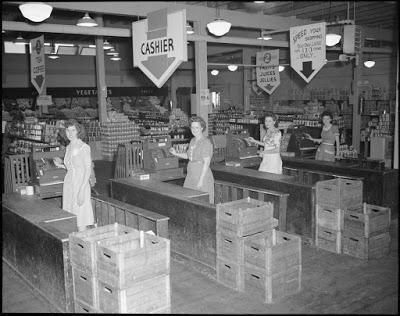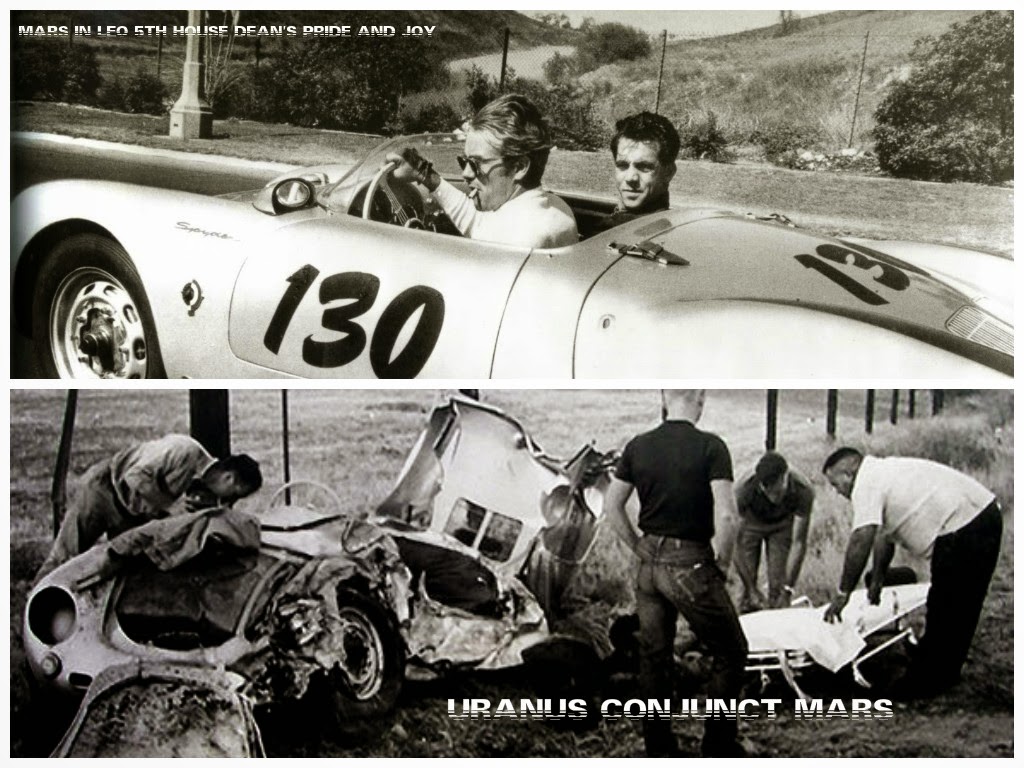
Saturn in Virgo 1949 – Britain Gains First Self-Service Shops
 In March 1949, a significant shift occurred in the retail landscape when the British government introduced a pioneering concept: self-service shops. This marked the beginning of what we now know as the modern supermarket. The inspiration for this innovation was drawn from the successful trials of self-service shopping in the United States. Instead of the traditional method of queuing to be served by store staff, customers were empowered to navigate the store themselves, selecting pre-packaged items and placing them in baskets or trolleys. This marked a transformative departure from the norm and promised a more efficient and convenient shopping experience.
In March 1949, a significant shift occurred in the retail landscape when the British government introduced a pioneering concept: self-service shops. This marked the beginning of what we now know as the modern supermarket. The inspiration for this innovation was drawn from the successful trials of self-service shopping in the United States. Instead of the traditional method of queuing to be served by store staff, customers were empowered to navigate the store themselves, selecting pre-packaged items and placing them in baskets or trolleys. This marked a transformative departure from the norm and promised a more efficient and convenient shopping experience.
The astrological transits during this period adds an intriguing layer to this story. The entry of the planet Saturn into the service-oriented sign of Virgo acted as a symbolic marker for the emergence of this new way of shopping. Saturn, a planet often associated with limitations, structure, and challenges, urges individuals and societies to confront obstacles and find practical solutions. Virgo, on the other hand, embodies qualities such as efficiency, routine, and a focus on practical value. As Saturn transited through Virgo, these qualities became prominent themes in the realm of commerce, reflecting the need to streamline processes and make the most of resources.
On a global scale, the presence of Saturn in Virgo prompted a reevaluation of work ethics within society and a search for more efficient ways to achieve tasks. This was exemplified by the introduction of self-service supermarkets, which aimed to enhance the shopping experience by reducing the reliance on staff and optimizing the use of time.
The sentiments of the era were aptly captured by the president of the London Cooperative Society, who proclaimed, “The ‘Serve yourself’ service is the system of the future, whether the private traders like it or not. The housewives like it. And that’s enough.” This sentiment echoes the changing attitudes towards shopping and consumer experiences. The concept of self-service aligned with the desires of consumers for convenience and autonomy, indicating a shift in societal values.
Fast-forwarding to the present day, it’s fascinating to observe the evolution of shopping. The introduction of self-service supermarkets was just the beginning of a series of innovations that would eventually lead to the digital age of shopping. Internet shopping has taken the concept of convenience to an entirely new level. Now, consumers can shop from the comfort of their homes, browsing through a vast array of products and having them delivered to their doorstep.
In retrospect, the introduction of self-service shops in 1949 was a pivotal moment that set the stage for the transformation of retail and commerce. It paved the way for efficiency, autonomy, and convenience to become key drivers in the consumer experience. As we reflect on these changes, it becomes evident how societal and technological shifts have continuously shaped the way we interact with the world around us, ultimately leading to the interconnected and technologically-driven shopping experience we enjoy today.



















 Venus Trine Pluto: Dark Desires
Venus Trine Pluto: Dark Desires
 Mars Conjunct Pluto Synastry
Mars Conjunct Pluto Synastry
 Moon Conjunct Mars Natal Aspect
Moon Conjunct Mars Natal Aspect
 Sun Square Pluto Synastry: You’ve Got That Power Over Me
Sun Square Pluto Synastry: You’ve Got That Power Over Me
 Saturn in the 1st House: From Self-Doubt to Lasting Identity
Saturn in the 1st House: From Self-Doubt to Lasting Identity
 Venus-Pluto Synastry: A Love So Powerful That It Might Just Kill Them
Venus-Pluto Synastry: A Love So Powerful That It Might Just Kill Them
 Venus Trine Mars Synastry
Venus Trine Mars Synastry
 The Scorpio Teenager
The Scorpio Teenager
 Reflections on a Past Venus-Pluto Synastry Aspect
Reflections on a Past Venus-Pluto Synastry Aspect
 Mars-Pluto Synastry: Something Quite Dark and Dangerous
Mars-Pluto Synastry: Something Quite Dark and Dangerous
 Mars in Aquarius: Sex drive
Mars in Aquarius: Sex drive
 The Yod Aspect Pattern: The Mystical Power of the “Finger of Fate”
The Yod Aspect Pattern: The Mystical Power of the “Finger of Fate”
 Uranus Transits: 1st House: Winds of Change:
Uranus Transits: 1st House: Winds of Change:
 Emotional Understanding: Moon Trine Synastry Aspects Interpreted
Emotional Understanding: Moon Trine Synastry Aspects Interpreted
 The Moon: The Goddess of the Night
The Moon: The Goddess of the Night
 Sun Square Pluto Natal Aspect: I Am Titanium
Sun Square Pluto Natal Aspect: I Am Titanium
 Moon Conjunct Pluto Synastry
Moon Conjunct Pluto Synastry
 Venus Conjunct Neptune Synastry: Euphoria and the Aftermath
Venus Conjunct Neptune Synastry: Euphoria and the Aftermath
 Pluto in Libra in the 2nd House: Lessons on Self-Worth and Financial Independence
Pluto in Libra in the 2nd House: Lessons on Self-Worth and Financial Independence
 Sun Conjunct Pluto Synastry: Enlightening or Annihilating
Sun Conjunct Pluto Synastry: Enlightening or Annihilating